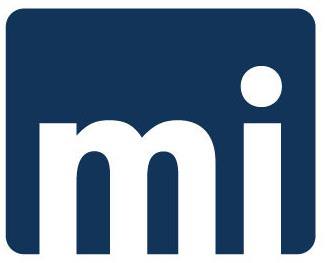MacIver Institute Applauds Supreme Court’s Pro-Worker Decision in Janus v. AFSCME
High Court restores basic workplace freedom stripped in 1977
MADISON, Wis. – The U.S. Supreme Court just ruled in favor of Mark Janus, a public sector worker in Illinois who objected to AFSCME’s collection of so-called agency fees from his paycheck. By siding with Mr. Janus, the Court has restored a critical workplace freedom to five million government workers in 22 states.
Mr. Janus, a child support specialist in Illinois state government, does not support the union or its political activity, but has been forced to pay the agency fees as a condition of his employment. He successfully argued that these fees that workers who disagree with the union are forced to pay to keep their jobs is a violation of their First Amendment rights to free speech and freedom of association.
The Court’s decision to side with Mr. Janus in Janus v. AFSCME Council 31 overturns the 1977 Abood v. Detroit Board of Education System decision, a precedent that for decades has denied government workers their basic constitutional rights. Now, workers who feel the union doesn’t deliver value or who disagree with its political agenda will no longer have to hand over part of their paychecks just to keep their jobs.
In response to the Supreme Court’s landmark decision today, Brett Healy, president of the John K. MacIver Institute for Public Policy, issued the following statement:
“Today’s decision is an important step forward for worker freedom all across the country. For far too long, unions have propped themselves up with money skimmed out of paychecks despite the workers’ objections. Unions that thrive off forcing people to bankroll their political agendas will now be held accountable as workers vote with their feet.
“The court’s decision demonstrates once again that Wisconsin was at the cutting edge of advancing individual liberty by enacting collective bargaining reform in 2011. Act 10 allows public sector employees to opt out of union membership and decline to fund a union whose political activity they disagree with, a freedom tens of thousands of union members have embraced by leaving their union. Now, government workers nationwide will have the same freedom.
“While there is more work to do to ensure that every worker, public and private sector alike, has the basic right to tell a union to leave them alone, we applaud the court’s decision to side with individual liberty and worker choice.
The bottom line is that no one should be forced to contribute to an organization they disagree with or that they feel provides little or no value,” Healy concluded.
NOTE: This press release was submitted to Urban Milwaukee and was not written by an Urban Milwaukee writer. While it is believed to be reliable, Urban Milwaukee does not guarantee its accuracy or completeness.






















